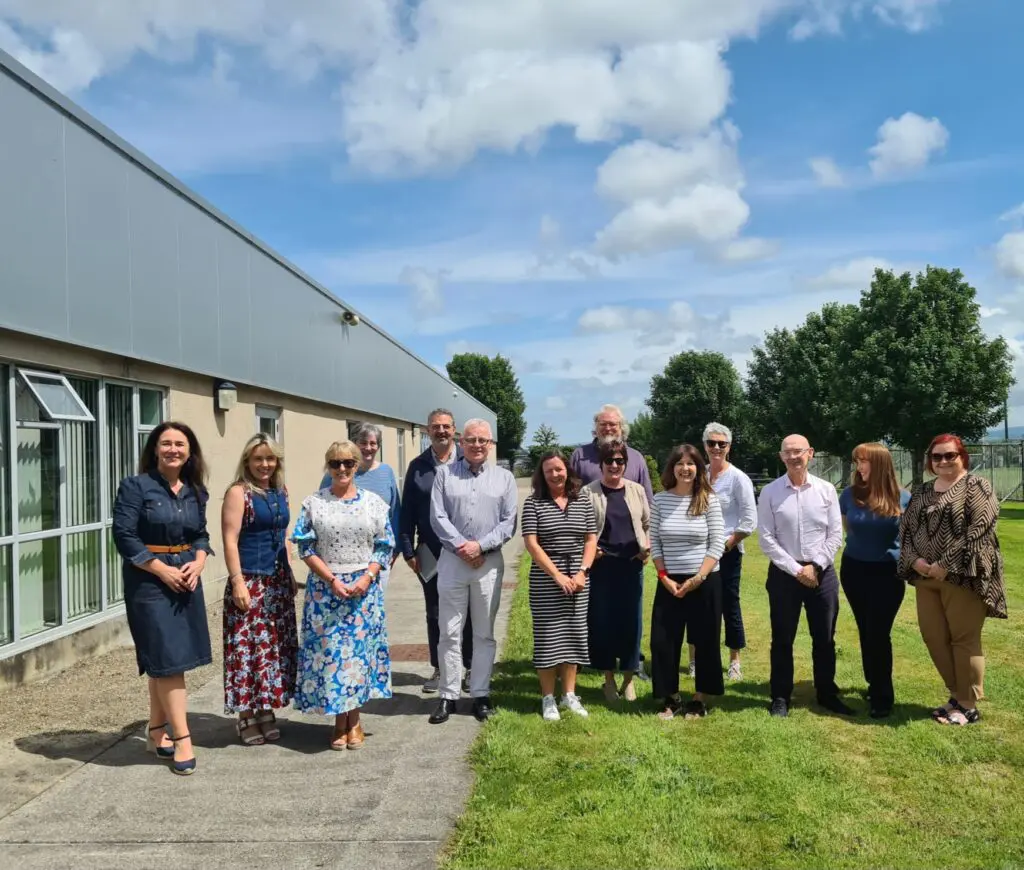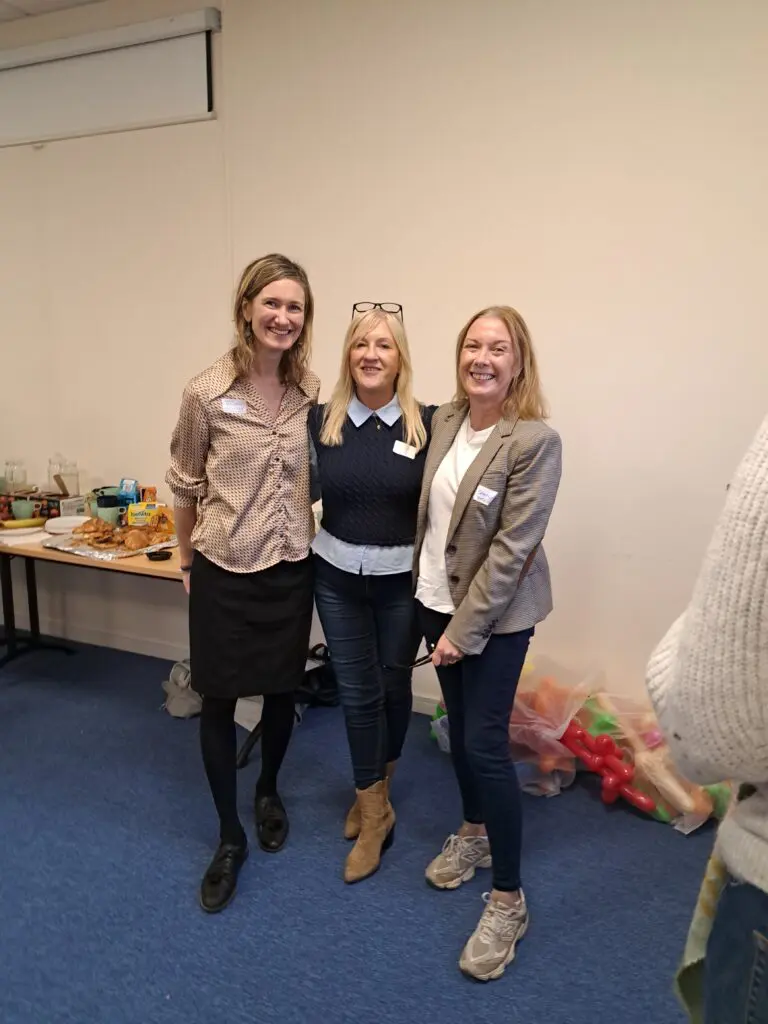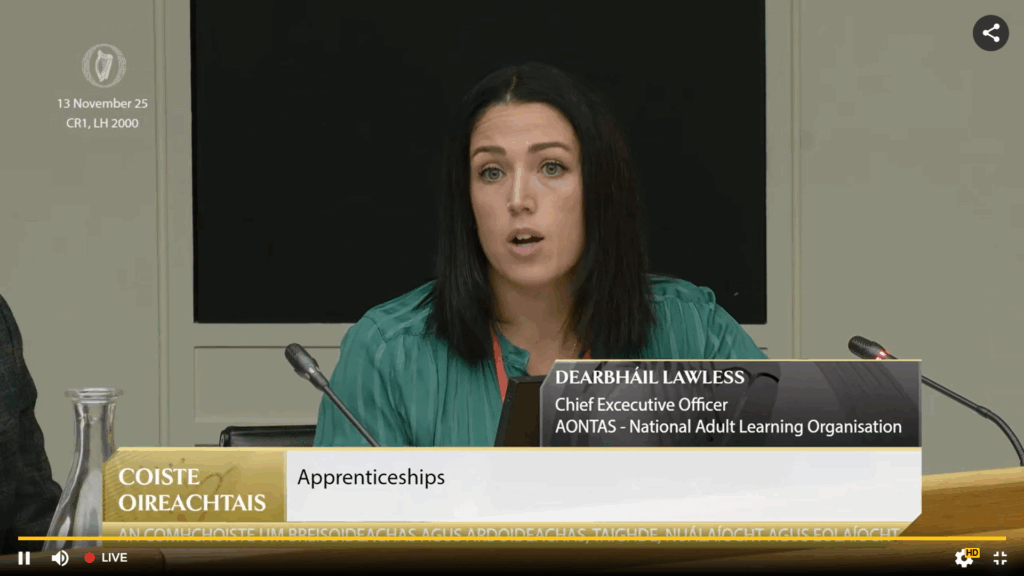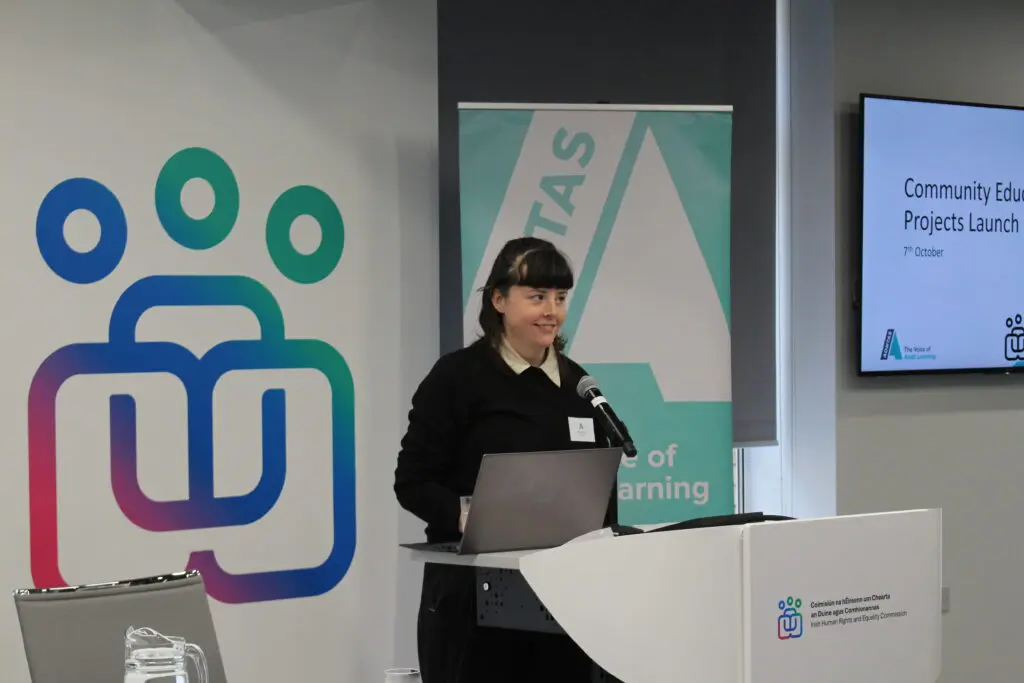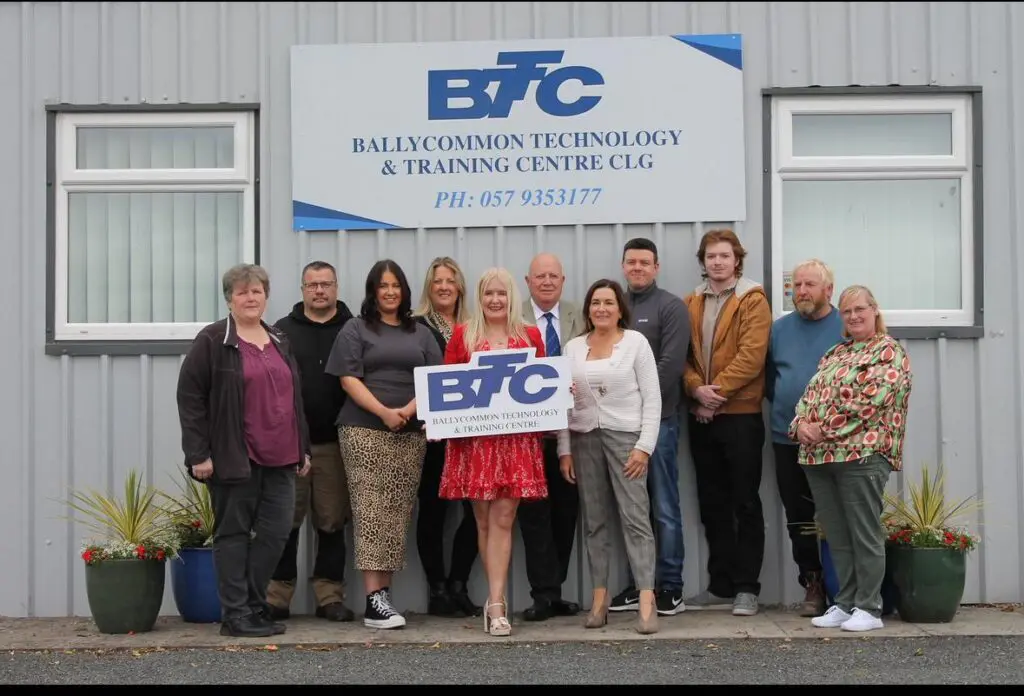Immediate action is needed to tackle educational inequality in Ireland as we emerge from the COVID-19 pandemic. That’s according to AONTAS, the National Adult Learning Organisation who were responding to a report published today (16.09.2021) by the OECD which shows stark inequalities linked to adult’s education levels and their earnings.
Speaking about the findings in the publication AONTAS CEO Dr Niamh O’Reilly said: “We have seen the severe impact that COVID-19 is having on disadvantaged individuals and communities across Ireland. The OECD’s Education at a Glance 2021 provides further evidence that we urgently need to address educational inequality.
“Since March 2020 there has been a significant reduction in marginalised groups, such as Travellers, migrants and lone parents participating in education. The report shows a 26% drop in adults taking part in both formal and non-formal education and training. The report also shows a clear link between education levels and earnings – 41% of 25-64 year-old adults with below upper secondary level education (less than Leaving Certificate) earned at or below half the median earnings in 2019. The average for OECD counties is 27%.”
The report also states the importance of giving everyone a fair chance to obtain a high-quality education which can reduce inequalities and improve social mobility and socio-economic outcomes. It also shows that the higher your education level, the more likely you are to engage in lifelong learning.
O’Reilly continued: “Whilst the quantitative data shows the state of play in Ireland and offers a broadscale view of key trends across global education systems, it is vital that we hear about the lived experiences from learners. This will allow us to identify the challenges and barriers that exist and put in place adequate supports to widen access and encourage participation.”
Finally, the report shows a worrying trend in gender inequality. Young women are less likely to be employed than young men, particularly those with lower levels of education. Only 33% of 25-34 year-old women with below upper secondary attainment were employed in 2020 compared to 53% of men in Ireland.
O’Reilly said: “Based on the report findings, there is a clear need to offer multiple learning pathways for all of society. Recent AONTAS research (July 2021) found that marginalised learners are the dominant group engaging in community education and with a significant number being women whose learning was enabled by on-site childcare.”
While underspending in the Irish education system was noted in the OECD report, this pales in comparison to the underspend in community education. Community education is an important part of the education system and plays an invaluable role in community engagement, and in providing support to people. To prevent the impact of exacerbated inequalities, support for community education is vital.
You can read the full report here: https://www.oecd-ilibrary.org/docserver/b35a14e5-en.pdf?expires=1631785827&id=id&accname=guest&checksum=8BBD9A5CF17AB8F751BCC7449A80BA00
ENDS
For more information please contact Katie O’Rourke, Head of Communications: 0861579418, korourke@aontas.com
